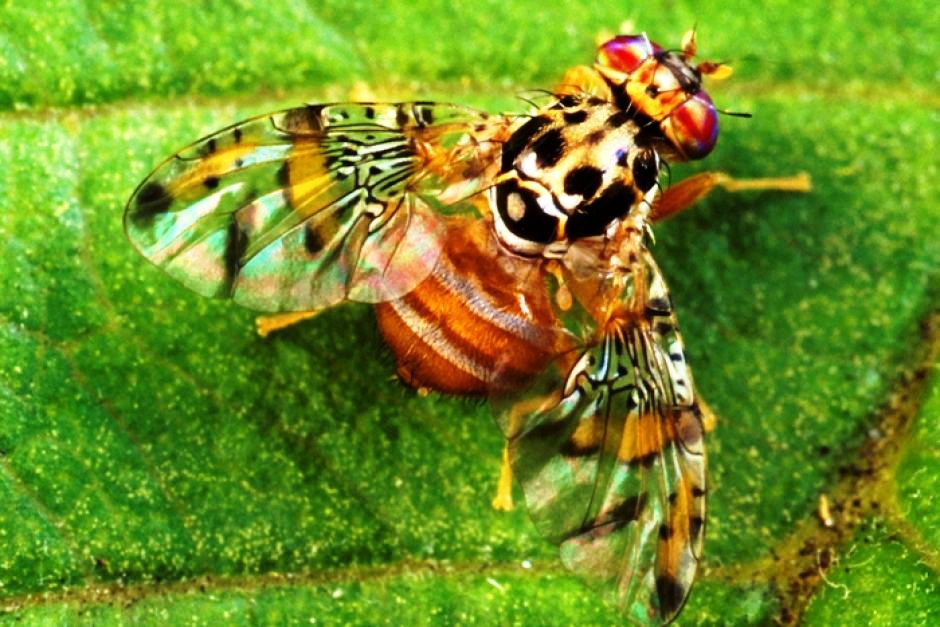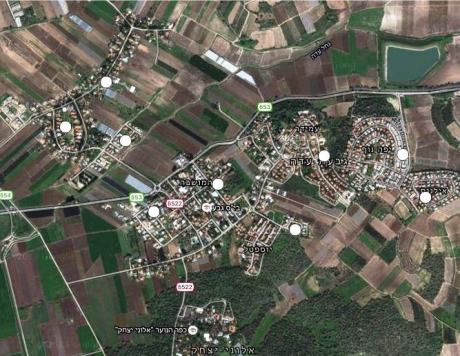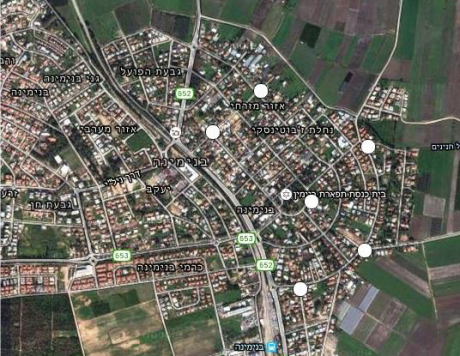Community participation in the regional Mediterranean fruit fly control efforts
Opher Mendelsohn
The Mediterranean fruit fly (Medfly) is a highly significant pest of deciduous and citrus crops, and much effort is invested in its control. In order to improve control efficacy and minimize pesticides’ use, a large scale regional integrated pest management project is carried out in Hanadiv valley during the recent years. The project methodology is an establishment of a regional management “umbrella”, based in part on placing mass trapping devices which do not distribute toxic pesticides to the environment.






